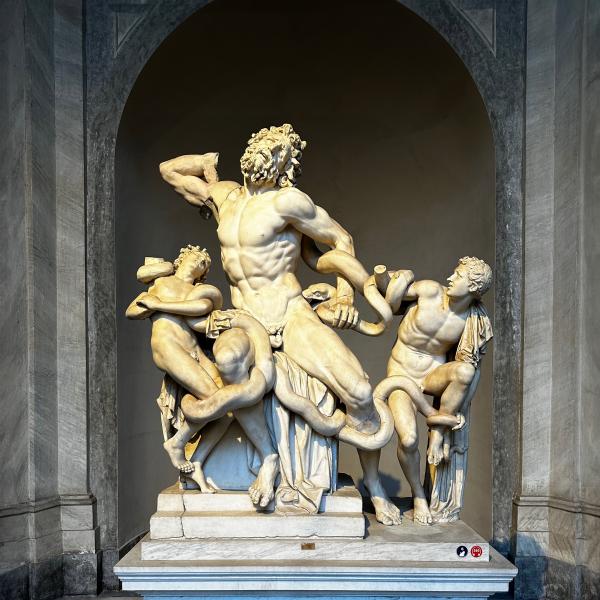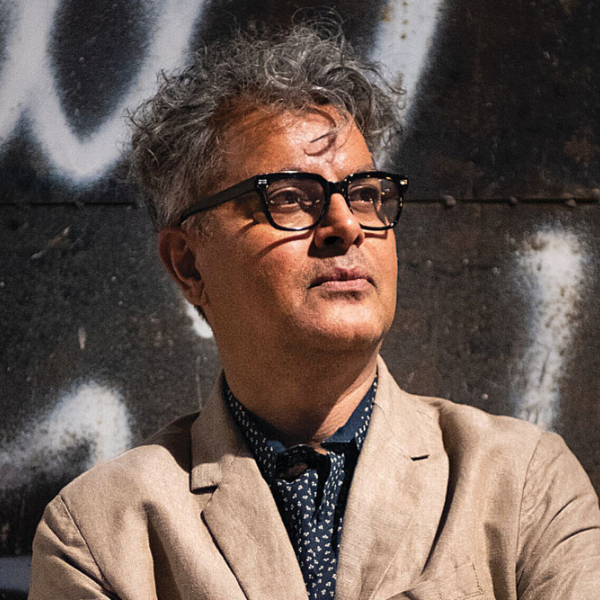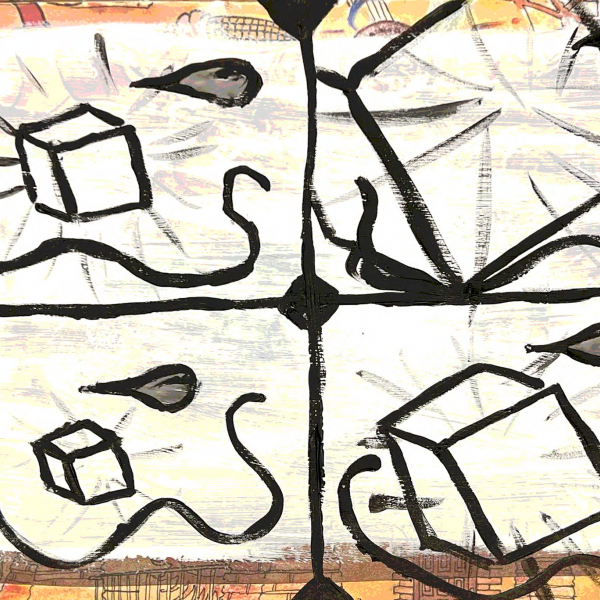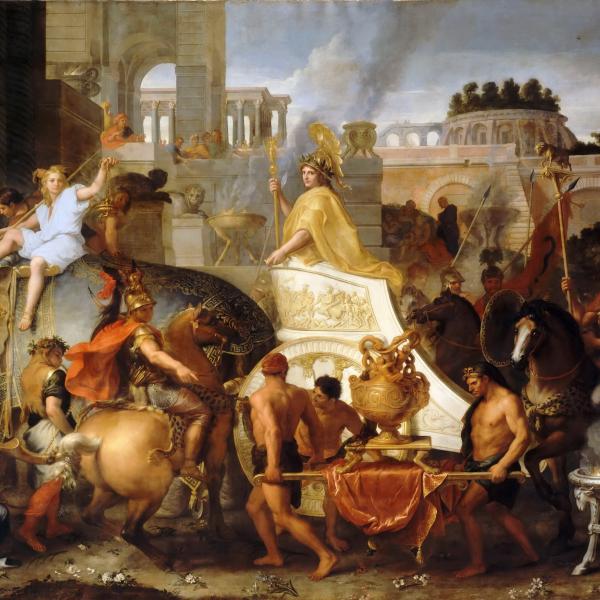Rebecca Wanzo
Associate Professor, Women, Gender & Sexuality Studies
Associate Director, Center for the Humanities
A couple of months ago, erstwhile English professor Stanley Fish wrote an op-ed piece for the New York Times attacking history professors for arguing that their discipline gave them some expertise in thinking about the Donald Trump campaign and nomination. Their jobs, Fish opined, is only to “teach students how to handle archival materials, how to distinguish between reliable and unreliable evidence, how to build a persuasive account of a disputed event, in short, how to perform as historians, not as seers or political gurus.” What is astounding about this claim is that all the things he lists are essential in vetting political candidates. Is it not important for people to look at a variety of source materials in evaluating the qualifications and record of a candidate — in short, the archive? Are we not constantly seeing conflicting accounts of events and statements when we watch pundits on the news? And yet despite the need for these skills, Fish seems to leave these things to some other kinds of experts — journalists or professional political surrogates — who should be more effectively using the very skills that historians and other humanists should have taught them in college.
In fact, the election has provided countless opportunities for many humanists to show the real-world application of the content and skills they teach in class. Scholars of Islam and the Middle East have been incredibly important since 9/11, providing needed context to public debates that at best lack nuance and at worst are factually inaccurate. A number of people have referenced the 1935 Sinclair Lewis novel It Can’t Happen Here when discussing the Trump campaign — a novel rarely read anymore but that some people think could be useful in discussing the present moment. In the last few months, I have added many news video clips to my files for teaching “Introduction to Women, Gender, and Sexuality Studies.” When I teach about discourses of masculinity in the public sphere, the discussions of a “muscular” presidency and the gendered language used frequently in this campaign will be very useful for my students. I suppose some people might suggest that calling attention to this language is evidence of “political correctness” and that it gets in the way of more important discussions, but if people did not find gendered language important in describing the role of the president, they would not use it.
I do not know what motivated Fish’s peculiar argument, but it certainly speaks to people who are concerned that college and university professors are too far to the Left and are indoctrinating students with political correctness. But the PC accusation often seems to apply to anyone who brings up racism, sexism, trans-phobia or identity at all. I recognize that many people find the struggles on college campuses over sexual violence, trigger warnings, histories of racial discrimination, commencement speakers, and other issues to be troublesome. But “trouble” is perhaps the place where many humanists do their best teaching and writing.
Humanists often reference Matthew Arnold’s Culture and Anarchy (1869) when defending the humanities and describe it as the study of “the best which has been thought and said in the world.” In this logic, writing about the ideal society, beauty and the sublime are at the center of humanistic inquiry, providing the foundation for western civilization. While undoubtedly foundational, the humanities is also very good at exploring the worst that has been thought and said. The humanities can provoke, speak to grief, make people uncomfortable, and decenter and trouble ideas like the “west,” “civilization” and “America.” Part of the conflict on college campuses is between those who think destabilizing those ideas is bad for our students and the nation, and those who think it is useful. But regardless of where one is on the political spectrum, the fact that the battle is happening means that we need the knowledge and skills to have productive conversations around the issues that are so essential for our time. Refusing to have the conversations will not make the issues go away.
Fish’s major concern was the partisan nature of “Historians Against Trump,” a political partisanship that he believed threatened the legitimacy of the discipline. But there is nothing to suggest that a group calling themselves “Historians for Trump” could not also make a statement. And nothing — right now — prevents the university from being a place where that debate can take place. Nothing prevents the university from being a place that embraces trouble and conflict as an ideal, as opposed to a problem to be solved. Seeing the university as a place of trouble, as opposed to a place of agreement or peace, may be essential for our democracy.




